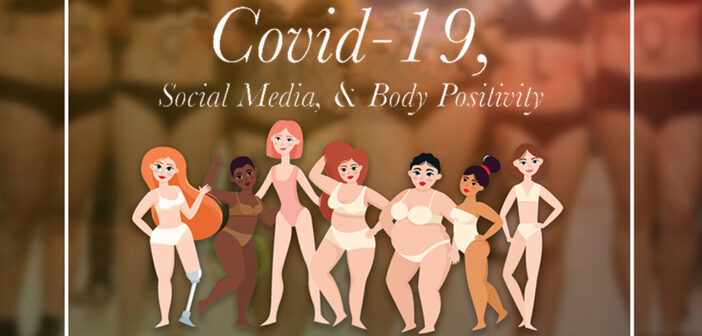The Center for Gender Equity hosted a discussion regarding body image on Oct. 14 about social media and its impacts on body image during COVID-19 and beyond.
At the onset of the event, titled, “COVID-19, Social Media, and Body Positivity,” student organizers Lily MacLean, ‘24, and Brenda Cuadra, ‘22, shared a list of guidelines for “effective dialogue,” noting the difference between intent and impact and encouraging healthy disagreement.
Cuadra said, if the discussion could allow people to reflect on their own experiences with social media and potentially encourage them to use it more positively, the conversation would be successful.
Cuadra also recognized the vulnerability the conversations required. She also noted the importance of the topic and the toll it has taken on her personally.
“As I learn about feminist theory and the issues going on in in the world today, I feel like I’m more emotionally involved as well,” Cuadra said. “So that has definitely been a challenge.”
Cuadra, who attended events hosted by the Center for Gender Equity in the past, wanted to get more involved this year, specifically with the Body Positivity Project because of her own experiences.
“During this whole pandemic there has been this pressure to be productive,” Cuadra said. “You see those posts on social media all the time — 10 ways to be more productive during the quarantine or how to lose weight in 72 hours, and it’s just those types of things that can be really counterproductive and can really harm your mental health and body image.”
Cuadra also spoke about the untrue, and often harmful, association between healthiness and skinniness.
Frequent topics of discussion included the constant bombardment of both before-and-after photos and advertisements encouraging weight loss, which many participants called overwhelming.
However, MacLean said sharing their experiences with one another allowed for its organizers and attendees alike to know that they weren’t alone in feeling this way.
“It was just good to know that other people went through it, too, and that they came up with some ideas on how to handle that,” she said. “And hearing those helped me think like, ‘Oh, maybe I could do that, too.’”
Aspects of the discussion were prompted by a virtual Kahoot quiz in which those in attendance answered questions regarding the effects social media on both men and womens’ perceptions of their bodies.
Participants learned 87 percent of women compare their bodies to images they consume online, a rate similar to that of men, and that eating disorders have increased by 70 percent since 1970.
Attendee Daniella Prado, ‘24, said statistics like these allowed her to better understand the scope of the issues that social media perpetuate.
“I think that the fact that we addressed how toxic social media can be is also a really good step because people don’t really think about it as being toxic or being a problem,” Prado said.
The event ended with a guided meditation led by MacLean, which aimed to allow attendees to show gratitude for their bodies and everything they do.






Comment policy
Comments posted to The Brown and White website are reviewed by a moderator before being approved. Incendiary speech or harassing language, including comments targeted at individuals, may be deemed unacceptable and not published. Spam and other soliciting will also be declined.
The Brown and White also reserves the right to not publish entirely anonymous comments.